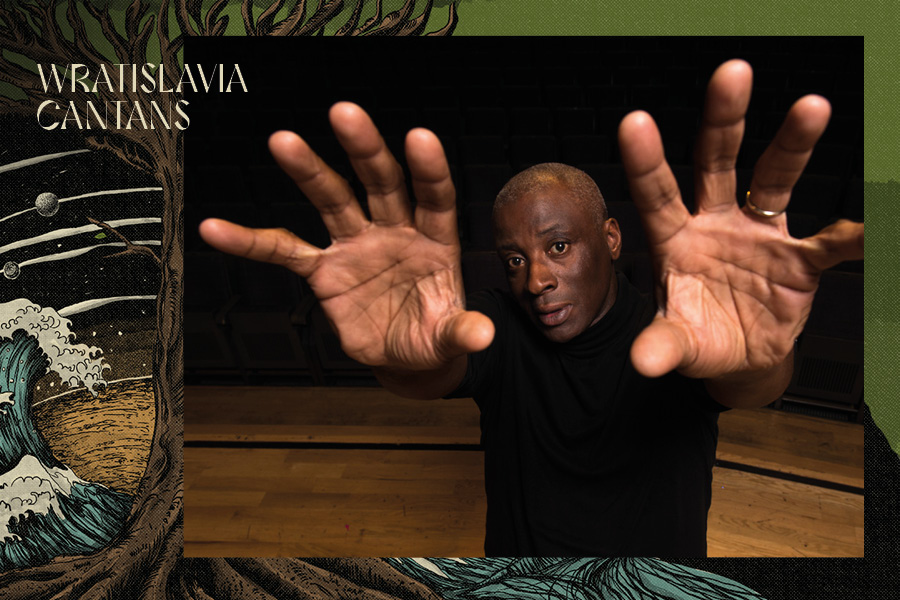Wayne Marshall, an esteemed British organist, pianist and conductor will perform at the 58th International Festival Wratislavia Cantans. His programme features improvisations and works by French composers from the 19th and 20th centuries, a.o. fragments of Olivier Messiaen’s Messe de la Pentecôte – a work that reflects the composer’s extraordinary passion for nature and birdsong.
The concert will begin and close with improvisations by Wayne Marshall – the opening in the form of an intrada, i.e. a short introductory piece, and the other – an organ symphony with a subtitle referring to the four seasons. The first improvisation will precede a composition by Gabriel Fauré’s student, Jean Roger-Ducasse, the Pastorale from 1909. The rarely performed work remains the only one in the artist’s oeuvre intended for organ. At the same time, it is an extremely demanding, virtuoso work, which Ducasse based on a cheerful motif referring to the siciliana – an Italian shepherds’ dance popular in the 17th and 18th centuries.
The Organ Symphony No. 5 op. 42 no. 1 by Charles-Marie Widor is a composition that fits into the trend of organ symphonism initiated in the 19th century by César Franck. Characteristic of his assumptions was the orchestral treatment of the monumental sound of the instrument and the use of its various technical possibilities. Widor is considered a continuator of symphonism, mainly because he wrote ten organ symphonies – a relatively new genre at the time. The most famous of them is The Fifth Organ Symphony op. 42 no. 1, consisting of five movements and crowned with an impressive, lively Toccata, which made Widor’s name even more celebrated.
Olivier Messiaen began working on the Messe de la Pentecôte in 1949 after almost a decade of searching for new creative ideas – from complex harmonic and rhythmic structures to the sounds of bird calls. Their echoes can be heard especially in compositions from the turn of the 1940s and 1950s. Les oiseaux et les sources and Le vent de l'Esprit, i.e. the last two movements of the Messe, were woven by Messiaen from fragments of an improvisational nature and garlands of melodies inspired by the colorful twitters of birds.

